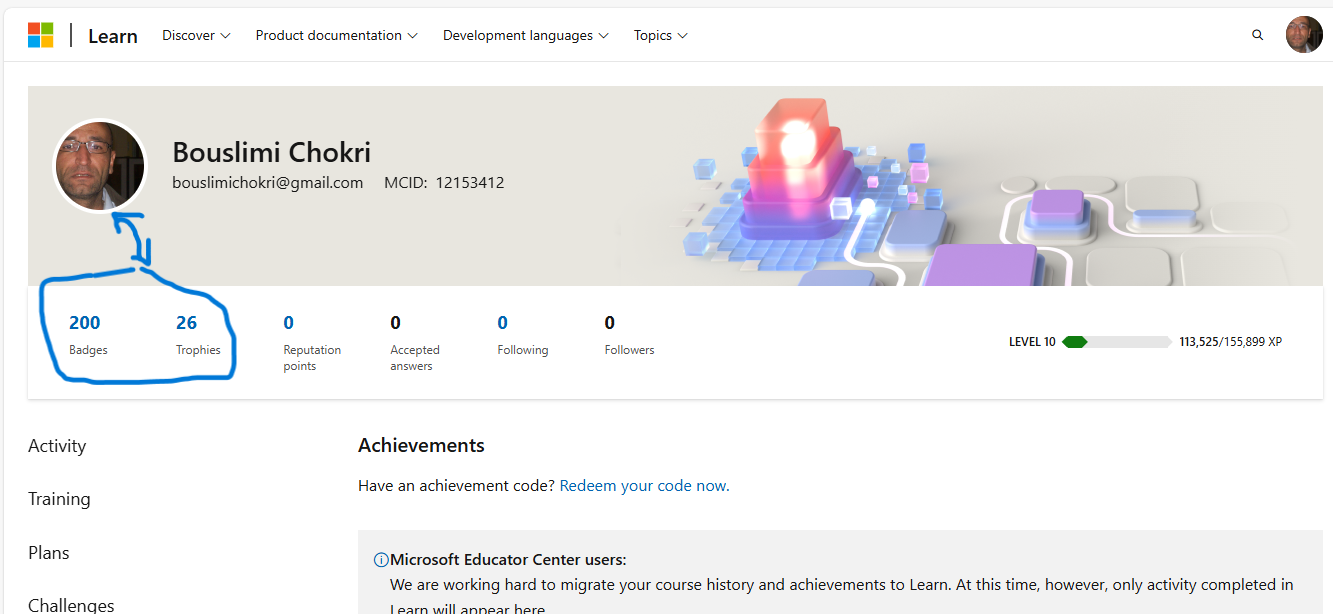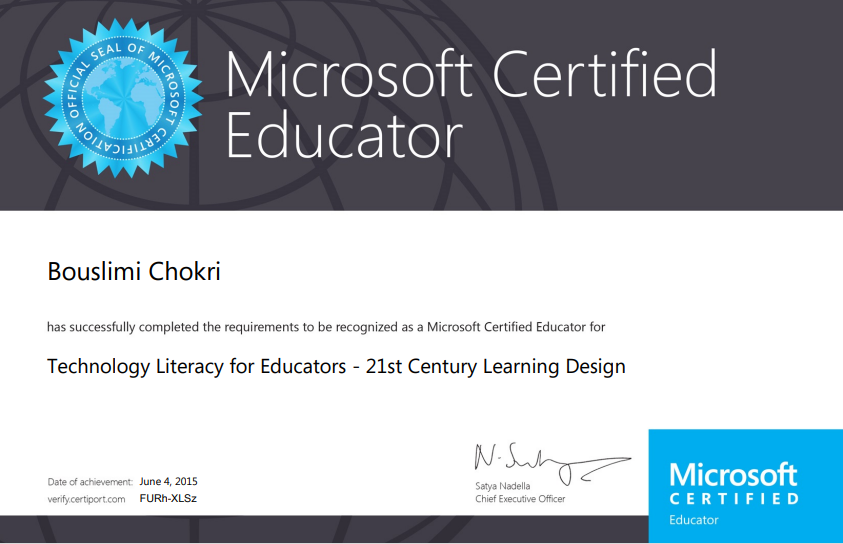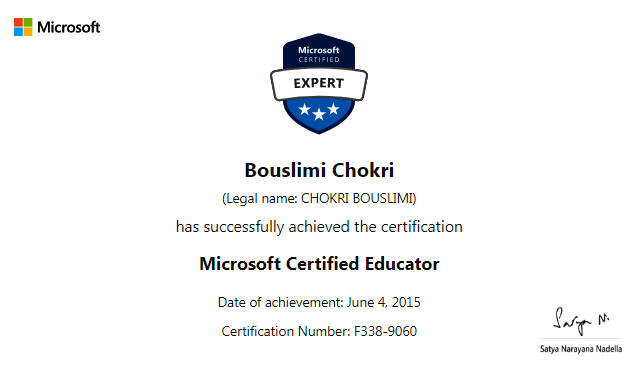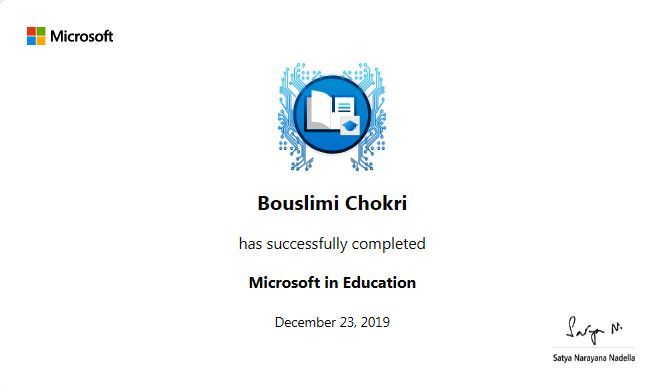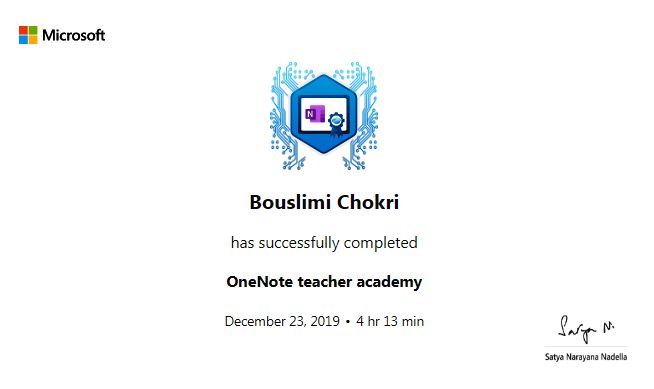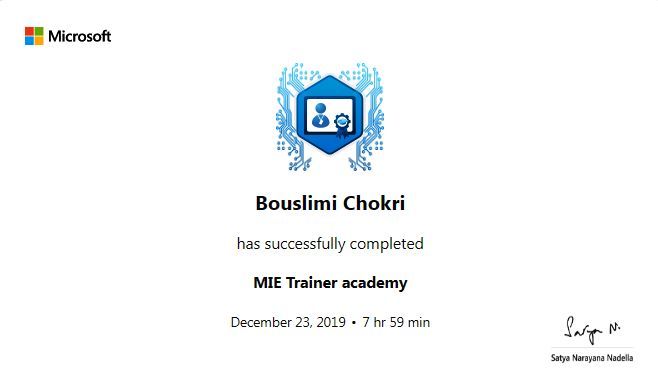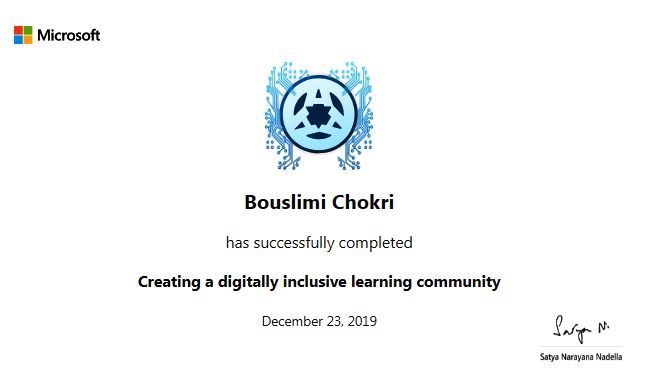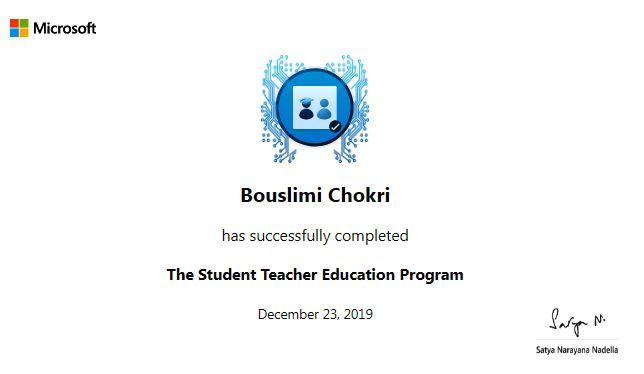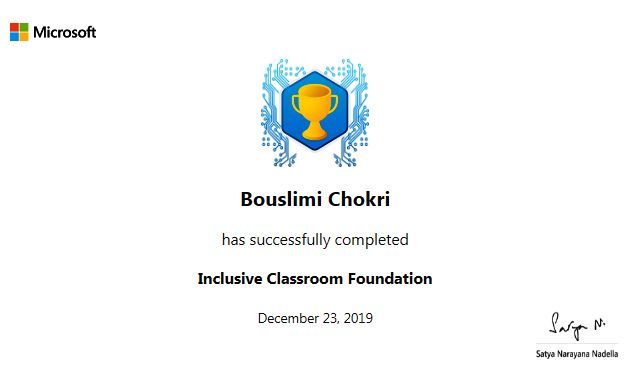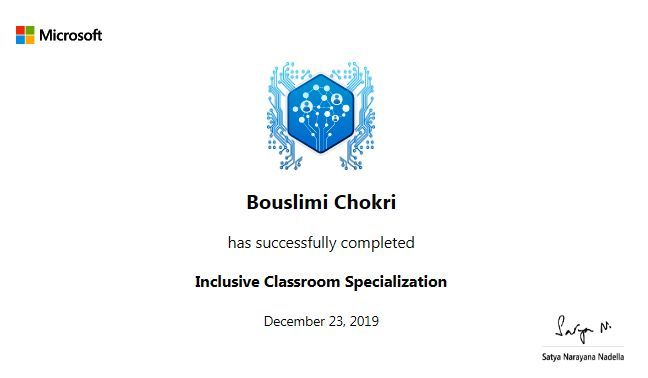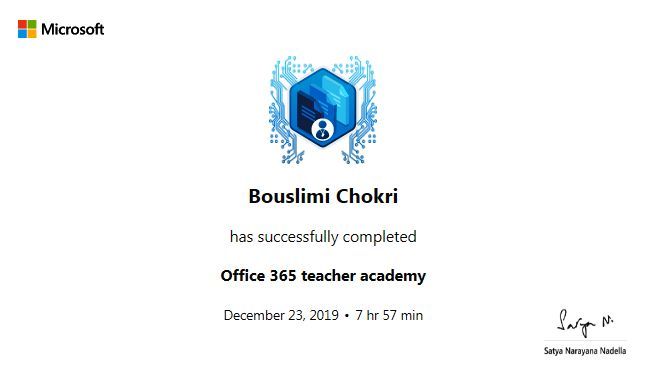Real-life lessons in education, also known as experiential learning, offer invaluable benefits to students. By engaging directly with real-world situations, students find their learning experience more relevant and engaging, fostering a deeper understanding of concepts. These hands-on experiences promote active participation and enhance retention, as students remember information better when they've experienced it firsthand. Moreover, real-life lessons cultivate critical thinking and problem-solving skills by challenging students to analyze, decide, and solve problems within authentic contexts. Beyond academics, students develop essential life skills such as communication, collaboration, and adaptability, preparing them effectively for future challenges. Through collaboration, interaction, and exposure to diverse perspectives, students also experience emotional and social growth. Ultimately, integrating real-life lessons into education empowers students with the practical knowledge and skills necessary for success both inside and outside the classroom, shaping them into well-rounded individuals ready to tackle the complexities of the real world.
"Empowering students through engaging education, fostering environmental consciousness, and advancing scientific literacy. Committed to shaping future leaders in Life and Earth Sciences."
